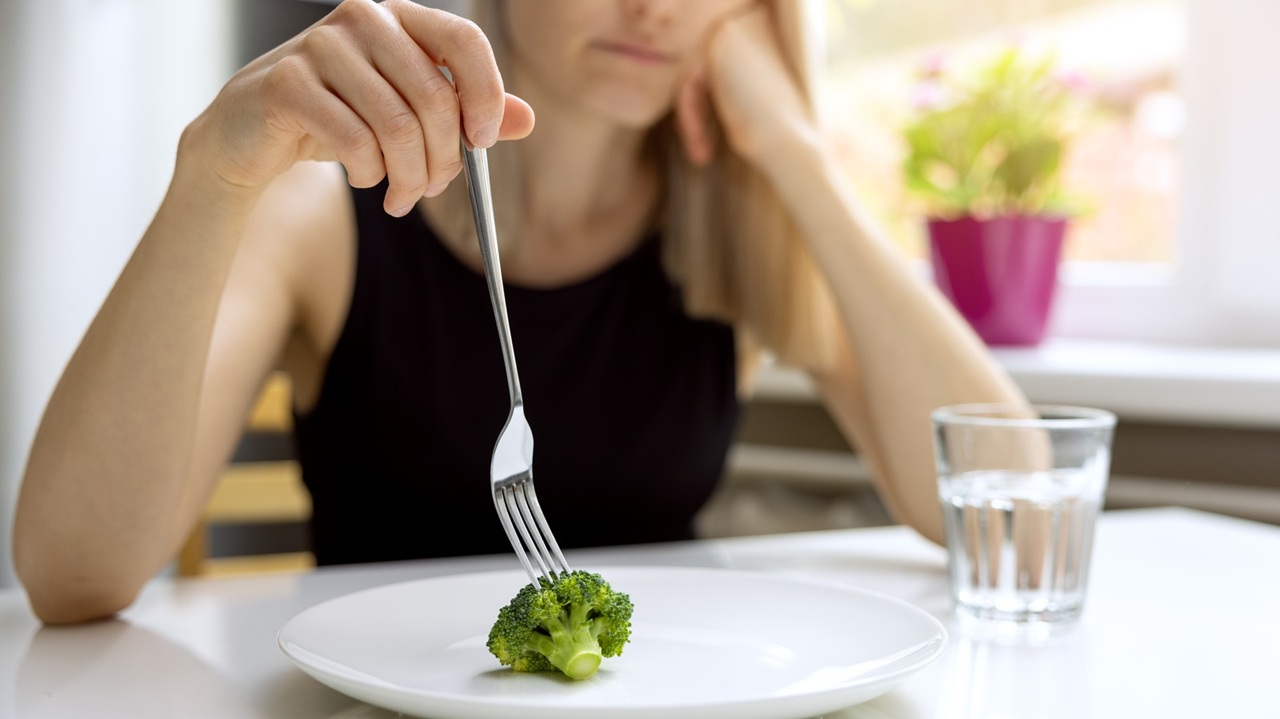You’ve likely heard the phrase “tied in knots” to describe feelings of stress or dread. But did you know that your gut might actually feel this way when anxiety strikes?
The connection between your mental health and digestive system is surprisingly strong, and understanding this relationship can help you better manage both. From bloating to cramping, anxiety doesn’t just exist in your head, it has a profound impact on your stomach’s ability to function.
But why does this happen, and what can you do about it?
The Gut-Brain Axis Explained
Your brain and gut communicate constantly through the gut-brain axis, a two-way link that connects your central nervous system (the brain and spinal cord) to your enteric nervous system (the “second brain” in your gut). This communication pathway is so integral that it’s why our gut earns nicknames like “the second brain.”
When you experience anxiety, stress signals from your brain can alter gut activity in real time. This is why nervousness can make your stomach churn or cause an urgent need to use the restroom. Anxiety also triggers the release of stress hormones like cortisol, which can directly affect digestion. The result? A gut that feels anything but calm.
How Anxiety Wrecks Your Digestion?
When you’re anxious, your body activates its “fight or flight” response, prioritizing survival over less immediate functions like digestion. This diverts blood flow away from your digestive organs, slows down gut motility, and disrupts the normal rhythm of muscle contractions in your stomach and intestines.
Here are some common symptoms you might notice:
Bloating and Gas
Anxiety can alter your gut bacteria, which play a key role in breaking down food. This imbalance often leads to bloating, gas, and discomfort.
Stomach Cramps and Pain
Tension caused by stress can lead to tightness or cramping in your stomach. Stress also makes your gut extra sensitive to discomfort, amplifying the pain you feel.
Constipation or Diarrhea
Anxiety can speed up or slow down digestion, resulting in irregular bowel movements. Some people experience diarrhea during stressful situations, while others struggle with constipation.
Heartburn and Acid Reflux
Stress can increase stomach acid production, leading to a burning sensation or persistent discomfort in your chest and throat.
Tips for Managing Anxiety and Calming Your Gut

The good news is that managing anxiety not only benefits your mental health but can also help soothe your gut. Here are a few effective strategies:
Practice Deep Breathing
Deep, diaphragmatic breathing triggers your body’s relaxation response, calming both your mind and gut. Try inhaling for four seconds, holding for four, and exhaling for eight.
Focus on Movement
Gentle exercise, like yoga or walking, can reduce stress and improve gut motility. In fact, movement also encourages oxygen and blood flow to your digestive organs.
Consume Gut-Friendly Foods
Focus on nourishing your gut microbiome with probiotics (found in yogurt, kimchi, or sauerkraut) and fiber-rich foods like fruits, vegetables, and whole grains.
Limit Caffeine and Alcohol
Both caffeine and alcohol can exacerbate anxiety and irritate your gut. Reduce your intake and replace that morning coffee with a calming herbal tea like chamomile.
Make Time for Relaxation
Activities like meditation, journaling, or even listening to music can lower stress hormone levels and support healthy digestion. Find what works for you and make it a daily habit.
Seek Professional Support
If anxiety is interfering with your quality of life or gut health, counseling or therapy (like cognitive-behavioral therapy) can be incredibly effective for long-term relief.
Conclusion
An anxious mind and an unsettled stomach often go hand in hand. Fortunately, by understanding the gut-brain axis and taking steps to manage stress, you can bring balance back to both. The next time you feel your gut “tied in knots,” remember that taking care of your mental well-being is a powerful way to support your digestive health. The more you nurture this connection, the better you’ll feel inside and out.







